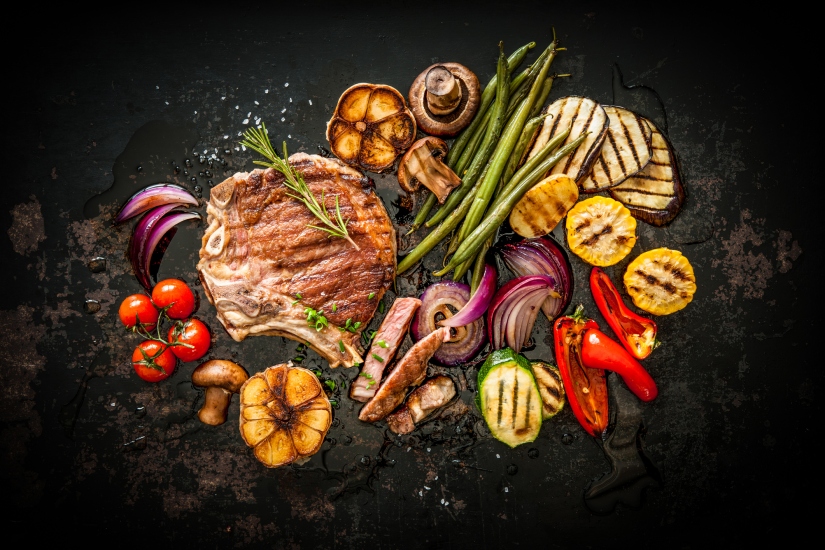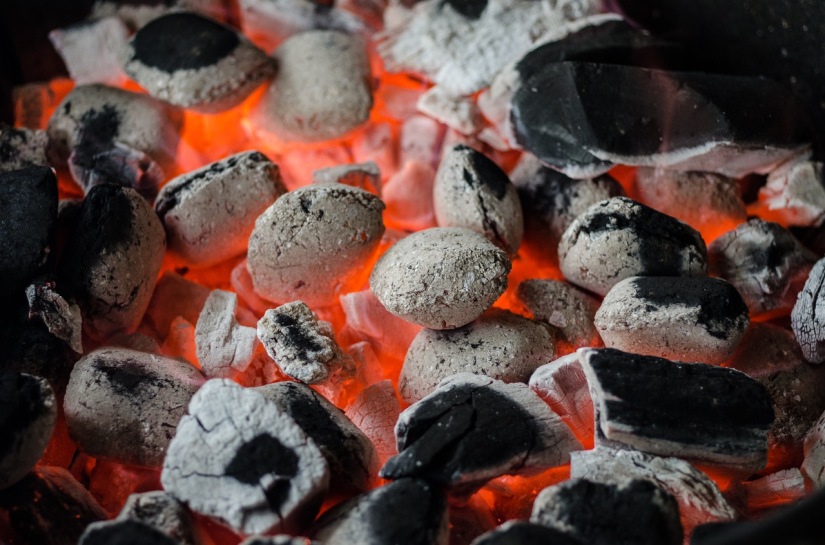
Queen Nefertiti proclaimed it to be the food of the Gods, King Louis XIV dubbed it the “king of vegetables” and a European museum is dedicated solely to it… yep we are talking ASPARAGUS! Asparagus has been cultivated for millennia. The tender immature perennial shoots or spears typically pop up around mid-May to mid-June in WI and are a delicacy not to be missed!
Aside from their delicious taste, asparagus is loaded with nutrients – six fresh cooked asparagus spears contain 1 g dietary fiber, 490 IU vitamin A, 10 mg vitamin C and 131 mcg Folate and just 27 calories per cup. Asparagus is high in antioxidants helping slow down the aging process and the minerals and amino acids it contains help protect the liver against toxins.
Fresh asparagus spears should be firm to the touch, straight and unbendable (firm but tender) and the tips should be tightly closed and a dark green or purple color. White asparagus is the same as green except it has not been exposed to sunlight. To store, trim a half an inch from the ends of unwashed asparagus and stand them in a jar with an inch of cold water covered in the refrigerator or wrap ends in a wet paper towel and put in a plastic bag in the veggie drawer of the refrigerator for longer storage time.

Asparagus pairs well with many vegetables like mushrooms & especially seasonal morels, and other foods like eggs, salmon and hollandaise sauce. Asparagus should be lightly cooked, steamed, or roasted for best flavor and texture. Brush some olive oil on tender spears and throw them on the grill until crisp tender. Raw stalks can be thinly shaved into a salad, add some cherry tomatoes, Feta and vinaigrette. Try asparagus wrapped in prosciutto for an appetizer or side dish.
Most of us have heard of “asparagus pee” the peculiar smell that urine takes on after consuming asparagus. In actuality, only 25% of us have a specific gene that enables us to detect the smell. Apparently my Husband and I both have that gene!
Fresh local asparagus is one of the first spring vegetables available and only around for a few short weeks so head to your farmers market or favorite store before it’s all gone!

Pass the asparagus please!
Cynthia Hill, NTP
Prairie Hill Nutrition




